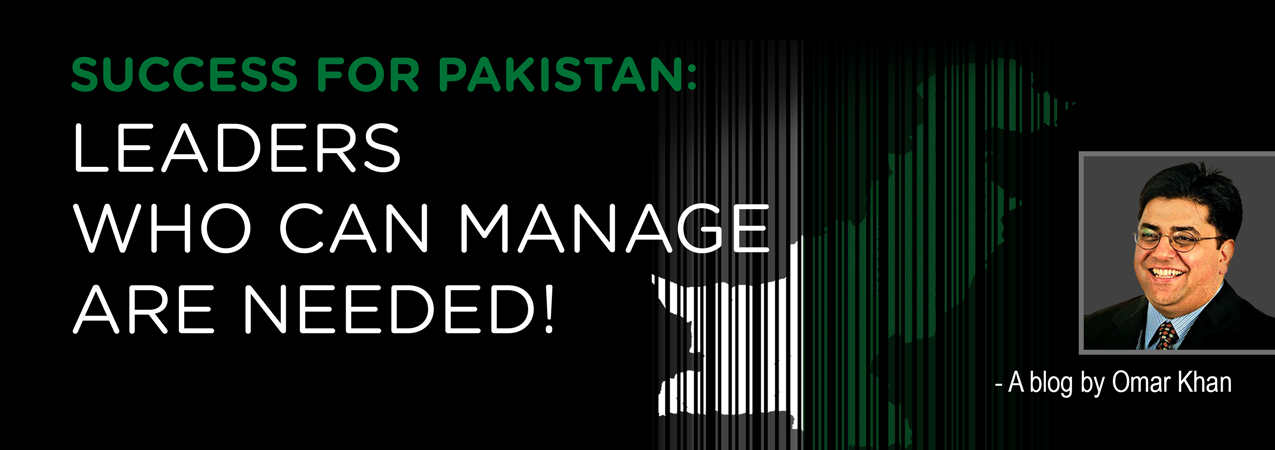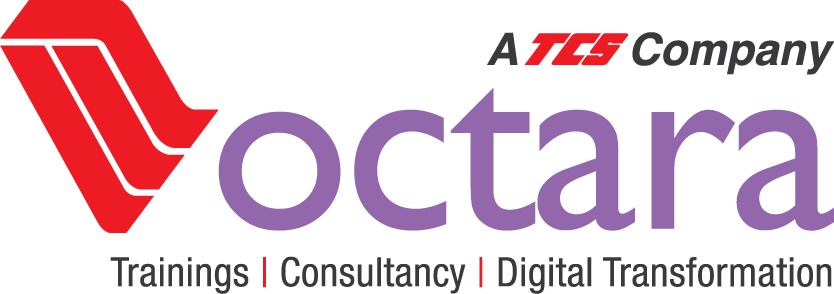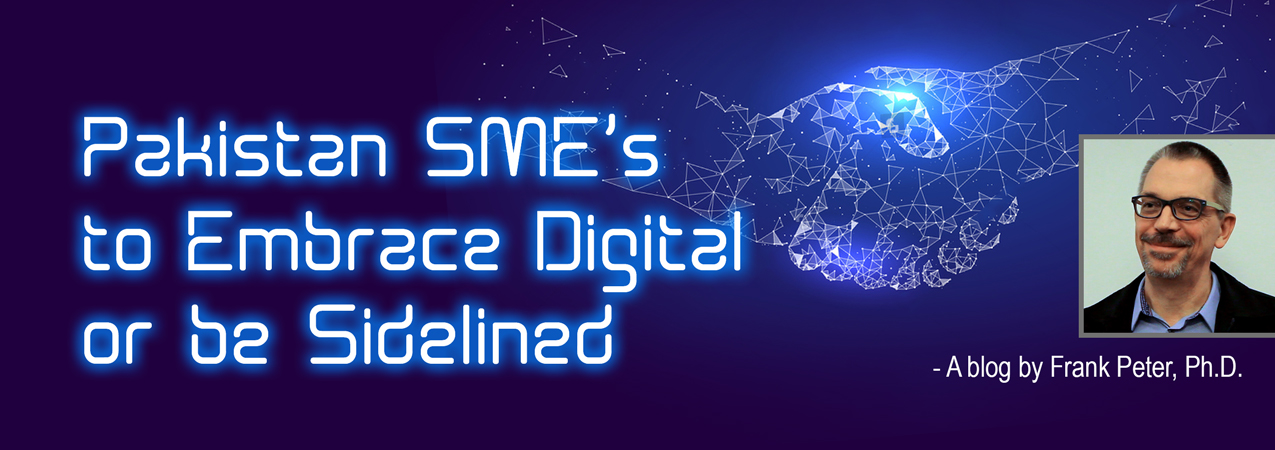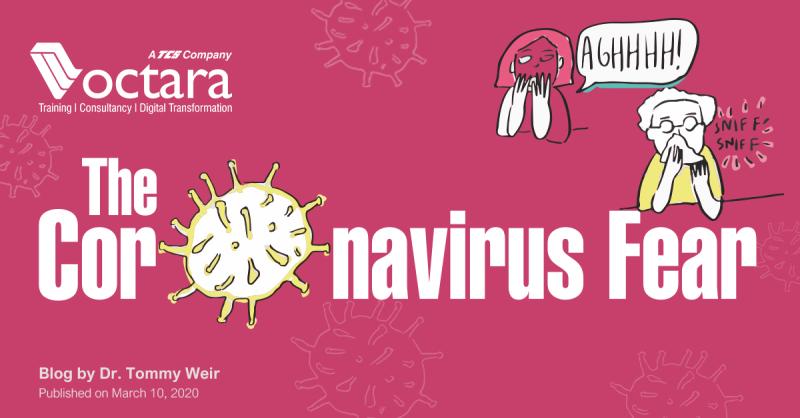
– A blog by Omar Khan
Management is about improving today; leadership is about creating the future. This is the overwhelming consensus among practitioners, gurus, wits, and savants.
So the title makes the point: we need leaders first. But we need more than rhetoric-gushing futurists…grand visionary plans for the future are often far too abundant in developing countries – as they tend to conveniently distract from the nettlesome and more dispiriting realities facing us today.
So corporate leaders and national leaders alike have to manage today so it becomes a platform for tomorrow. Today’s performance has to pave tomorrow’s possibilities. We need great managers too.
What does this mean pragmatically? First, we have to separate out “roots” and “chains”. We are justly proud of our culture, our national culture, and in successful organizations, our organizational culture. We need to understand its fundamental strengths and preserve those zealously. As the landmark book on corporate vision, Built To Last extols, “preserve the core and change everything else”.
And there’s the rub. We have to separate out our “roots” from the manacles and inhibitions of dysfunctional paradigms. Backwardness should not be confused with values. It is not a “value” for example to underutilize or under-value women leaders – it’s simply chauvinism and medievalism. Top down hierarchical leadership is arguably as un-Islamic in philosophy as it is unwise and unduly rigid in a global environment in which the metabolism of change is constantly speeding up.
So what are our roots which we will preserve at all costs, and what are the chains which we will confront and transcend with the best of our imagination, courage and collective commitment? Let that be a seminal corporate or national exercise. Let’s do a deep dive first, before soaring above the clouds looking for the next horizon.
Then, having identified all that we’re willing to change, from feckless bureaucracy to misguided prejudices, from ossified procedures to retrograde human capital practices, from chest-beating charismatic leadership to shoddy corporate governance, from aberrant recognition policies that detach values from results to PR hype substituting for a true service culture, let’s then tackle these armed with a few key reminders.
And here let’s let gurus of various stripes help.
Michael Porter can go first. His seminal insight is that all of strategy comes down to how you will differentiate, and in that area of differentiation how you will secure and sustain or perhaps even grow a competitive advantage. How will you dramatically differentiate? And don’t just make this an internal exercise. Ask those that experience your company in action too.
Tom Peters can go next. Practice “MBWA”, management by wandering around. Customers matter, people matter. Leaders grow leaders, not followers, and leadership is a “contact sport”. Connect, listen, engage, enroll, re-calibrate, course correct, and be out there. As someone observed, “Leaders today have to be the Rock of Gibraltar on Roller Blades.”
Gary Hamel and CK Pralahad follow by reminding us that cost effectiveness matters, but isn’t enough. You can’t shrink your way to greatness. Most red pencil “efficiency experts” would have you shrink the denominator…certainly it produces an immediate balance sheet bounce. But it can undermine competitiveness, and capital rarely goes to companies who just excel in corporate anorexia. You have to grow the numerator! Make sure your vision is about that…in exciting, purposeful, but relevant, tangible and measurable ways.
Let’s jump the queue and go to Marshall Goldsmith who reminds us that when you get to a certain level of leadership, the things that keep you from peak performance as a leader/manager aren’t technical skills. After all, you wouldn’t have scaled the corporate heights if you weren’t technically skillful. Therefore, at that altitude, what holds us back are behavioral blinkers, how we act and interact. A coaching culture is needed of high accountability with active feedback (how we did in the recent past) and feed forward (future based expectations of behavior and performance).
Relative to customers, my friend Ron Kaufman is on hand to remind us that service can be a powerful source of differentiation and that companies need to set up listening posts and relay stations to keep the “voice of the customer” paramount in their business and to ensure we thrive at all key “moments of truth” or perception points. We need to climb the ladder from “basic” to “desired” to “unbelievable” and make that fully believable and a part of our promise.
Come to me then. I’ve argued that companies liberate passion or become passion killers. Passion is how we convert talent into performance, it is oxygen to the fire, it is the catalyst for creativity, and it is the final report card for leadership. If our customers are passionate to partner with us, if our people volunteer their best commitment and offer their discretionary effort in synergy with each other, we will more than produce the results we are after. Become a student of passion liberators and passion killers.
Every one of these leadership distinctions and insights, by the way, could be applied at the national level if we chose to create, as Singapore has done, a culture of meritocracy and accountability from its civil service to its diplomatic service to what it requires of political leaders, Ministries and Departments — most of which are run on solid customer based and total quality principles.
We have to get today right certainly. We have to produce quick wins that build up momentum. We have to behave our way today to tomorrow’s success. We need leaders who can manage, and managers who actually, actively and passionately lead! So let’s root ourselves in the best of our traditions, break our chains, and build a future worthy of both our values and our dreams.
Omar Khan – a Pakistani by heritage, now a US citizen. He is the Founder & Senior Partner of Sensei International, headquartered in New York. He is the author & keynote speaker; his latest book ‘Liberating Passion – how the world’s best leaders produce winning results’ is currently available from Wiley press. He is the Top 25 Consultants 2010.



